Physiotherapy for stroke
Physiotherapy plays a crucial role in the rehabilitation of individuals who have had a stroke. The aim of physiotherapy is to improve physical function, reduce disability, and help individuals to achieve their maximum level of independence. Here are some ways in which physiotherapy can help people with stroke:
Assessment: A physiotherapist will conduct a thorough assessment to determine the individual's strengths and weaknesses, and identify areas of impairment, such as mobility, strength, balance, and coordination.
Goal setting: Based on the assessment findings, the physiotherapist will work with the individual to set realistic goals and develop a treatment plan to achieve those goals.
Exercise therapy: A physiotherapist will design an exercise program that is tailored to the individual's needs, goals, and abilities. The program may include exercises to improve strength, mobility, balance, and coordination.
Functional training: The physiotherapist will work with the individual to improve their ability to perform daily activities, such as dressing, bathing, and walking.
Gait training: Gait training is a critical component of stroke rehabilitation. The physiotherapist will work with the individual to improve their walking ability, including balance, speed, and endurance.
Assistive devices: The physiotherapist may recommend the use of assistive devices, such as canes or walkers, to help the individual with mobility and balance.
Pain management: Individuals who have had a stroke may experience pain related to their condition. A physiotherapist can help to manage pain through modalities such as heat or ice therapy, electrical stimulation, and massage.
Education: The physiotherapist can provide education on stroke management, including risk factor modification, safety awareness, and fall prevention.
It is important to note that stroke rehabilitation is a team effort that involves multiple healthcare professionals, including physiotherapists, occupational therapists, speech therapists, and physicians. Therefore, a comprehensive rehabilitation program that addresses the individual's physical, cognitive, and emotional needs is essential for achieving optimal outcomes.
